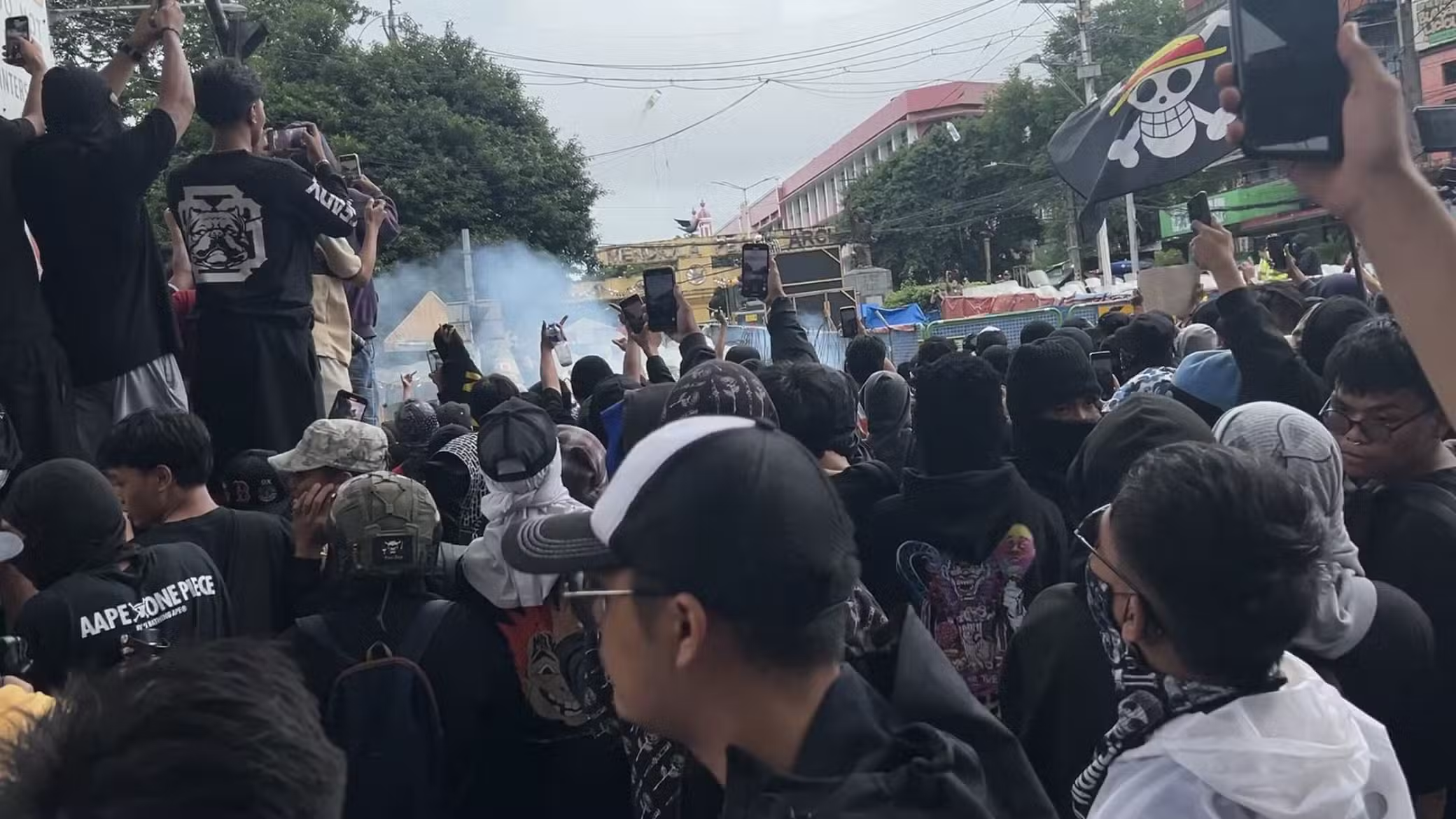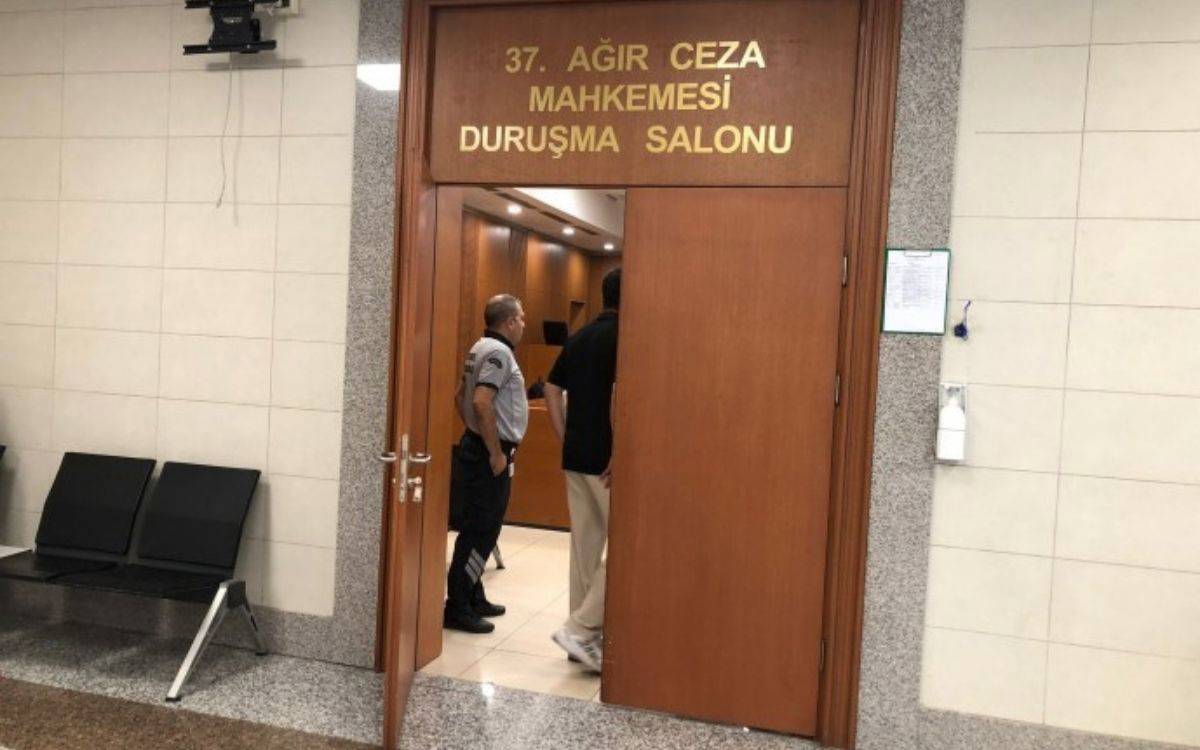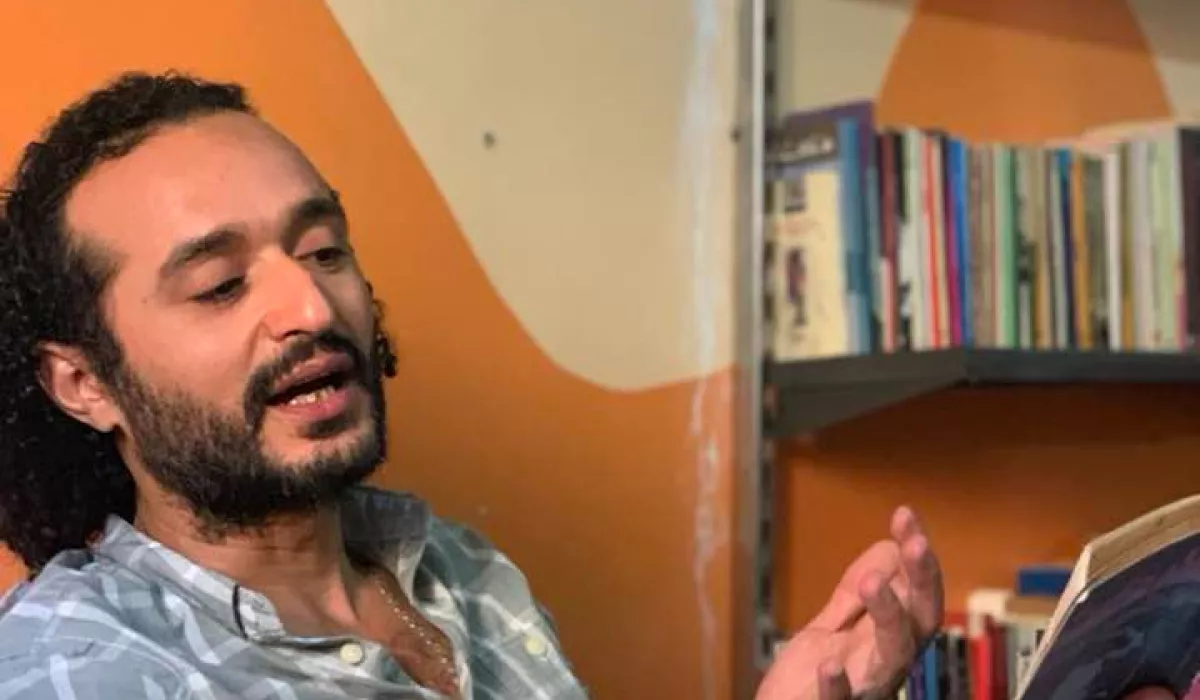
Journalists Injured and Missing in the Israel–Gaza War
September 26, 2025
Rising Tensions as Photojournalists Confront Police Hostility at Sept. 21 Rally
September 28, 2025September 26, 2025 – Turkey –
Journalist Celalettin Yalçın, who has been held in pretrial detention for nearly two years on charges of “being a member of an illegal organization,” was released during his retrial hearing under judicial supervision and subject to reporting conditions.
The decision came from the 37th Heavy Penal Court in Istanbul at the first hearing of Yalçın’s retrial. The court ordered that he must regularly report to authorities as a condition of release. Although the original sentence—six years and three months—was affirmed, the court took into account the time Yalçın already spent behind bars. During the hearing, Yalçın appeared via video link from the high-security prison in Kırşehir. His defense and relatives were physically present in court.
Yalçın’s lawyers argued that parts of the prior conviction had been overturned by a higher court (Cassation) due to insufficient evidence and proportionality issues. They also insisted that the time already served equates to a significant portion of the sentence. Yalçın himself rejected claims of flight risk, noting his long period in custody and calling for a full acquittal and immediate release.
Additionally, the court allowed Yalçın to mount his defense in Kurdish, which his defense team praised as an important recognition of linguistic rights. The final verdict in the retrial is still pending.
This case is emblematic of a broader pattern in Turkey, where journalists and activists—often from Kurdish or minority backgrounds—are prosecuted under ambiguous anti-terrorism or “illegal organization” laws. Rights groups contend these laws are used to criminalize dissent and restrict freedom of expression. In Yalçın’s case, critics argue the evidence presented—such as magazines and notes—was largely circumstantial and fell short of proving criminal membership.
Yalçın’s limited release under reporting obligations means he still faces legal uncertainty. However, his case draws attention to the tension between Turkey’s security and anti-terror laws and the protection of press freedom and minority rights.
Reference –
https://dusun-think.net/en/news/journalist-celalettin-yalcin-released-on-judicial-control/




